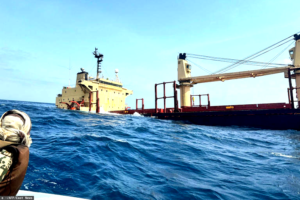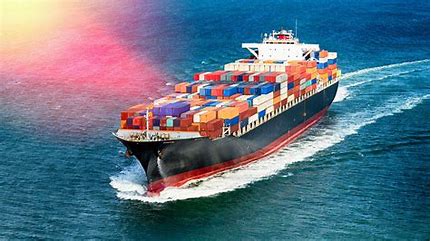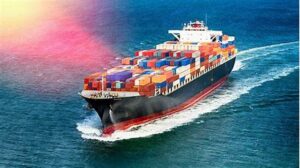BUILT WITH BOLDGRID
The increasing frequency of Houthi rebel attacks on commercial vessels in the Red Sea underscores the urgent need for comprehensive maritime security strategies.

SUPER SWEET HEADING
Surprising Threats in the Red Sea: The Escalation of Houthi Rebel Attacks on Maritime Trade
The alarming increase in Houthi rebel attacks on commercial ships in the Red Sea demands urgent attention and innovative solutions to protect vital maritime trade routes.
Escalation of Attacks: The recent attack on the Greek bulk carrier Tutor, which was sailing under the Liberian flag and transporting coal, is a stark example of the escalating threats posed by Houthi rebels. The Tutor was severely damaged by an unmanned boat loaded with explosives and a ballistic missile, resulting in significant structural damage and a leak. U.S. naval forces managed to evacuate the crew, but unfortunately, one sailor lost their life. The British Maritime Trade Operations Agency (UKMTO) reported that the Tutor is now adrift in the Red Sea.
Geopolitical Context: Since November of last year, Iran-backed Houthi rebels have been increasingly targeting commercial vessels in the Red Sea, Bab al-Mandab Strait, and Gulf of Aden. These attacks are part of a broader strategy to disrupt maritime trade in solidarity with Palestinians in Gaza amidst the ongoing Israeli-Palestinian conflict. The geopolitical ramifications of these actions are profound, threatening the stability of crucial trade routes and the global economy.
Impact on Maritime Security: The escalation of Houthi rebel activities in these critical waterways highlights the vulnerabilities of international maritime security. Richard Winsor, COO of Greenland, NH, underscores the need for a strategic overhaul of maritime security measures. This includes deploying advanced surveillance technologies, enhancing international naval cooperation, and implementing robust protection protocols to safeguard commercial shipping.
Call to Action: Addressing the rising threat posed by Houthi rebels requires a concerted effort from the global maritime community. Innovative strategies and collaborative international efforts are essential to ensure the safety of vessels and their crews. By investing in cutting-edge technologies and fostering strategic partnerships, we can mitigate these risks and protect the lifelines of global commerce.
Conclusion: The attack on the Tutor serves as a critical reminder of the escalating threats in the Red Sea. By embracing innovation and international cooperation, we can bolster maritime security and secure the future of global trade.
For further reading on the recent maritime security incidents, click here.

